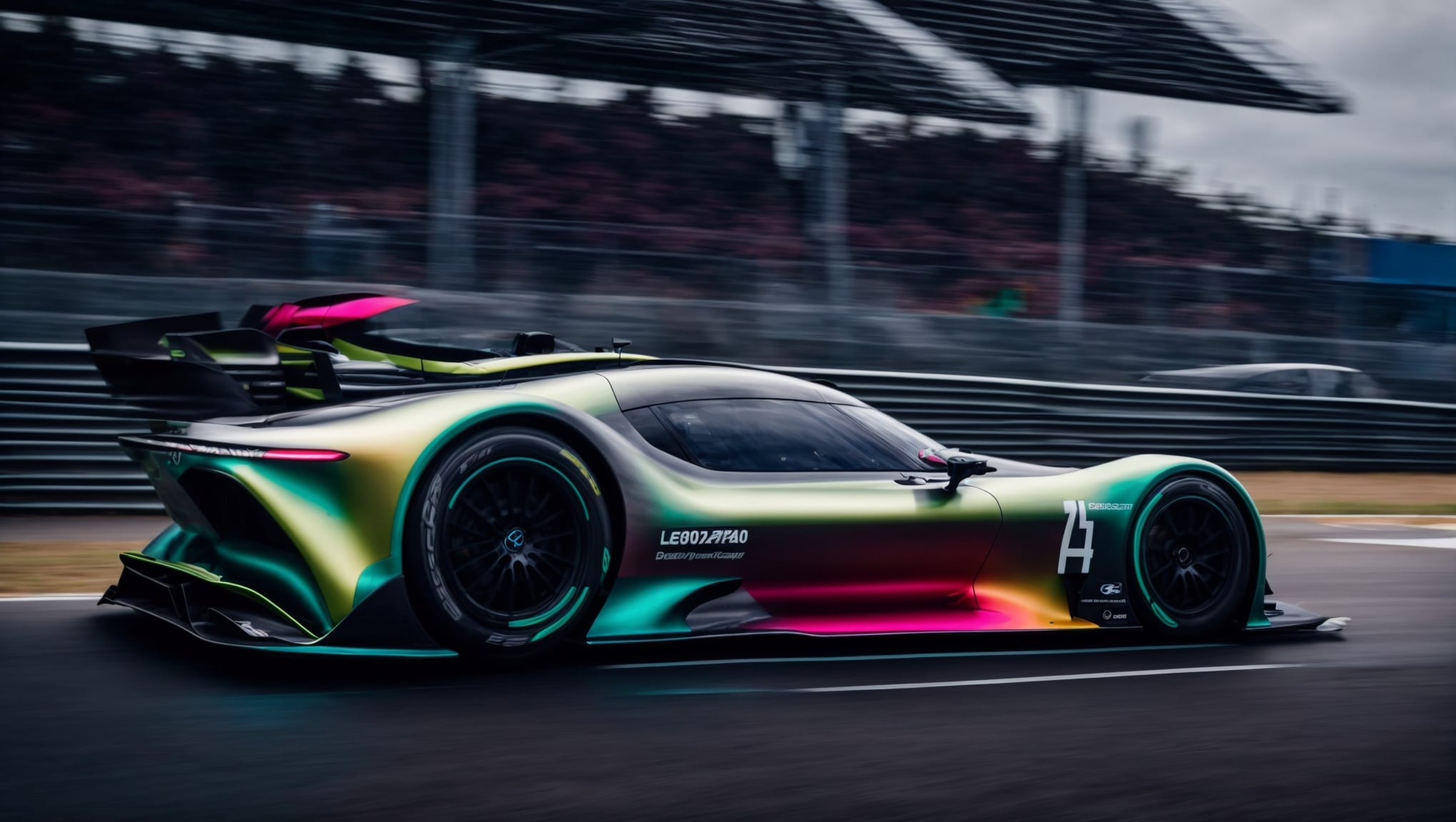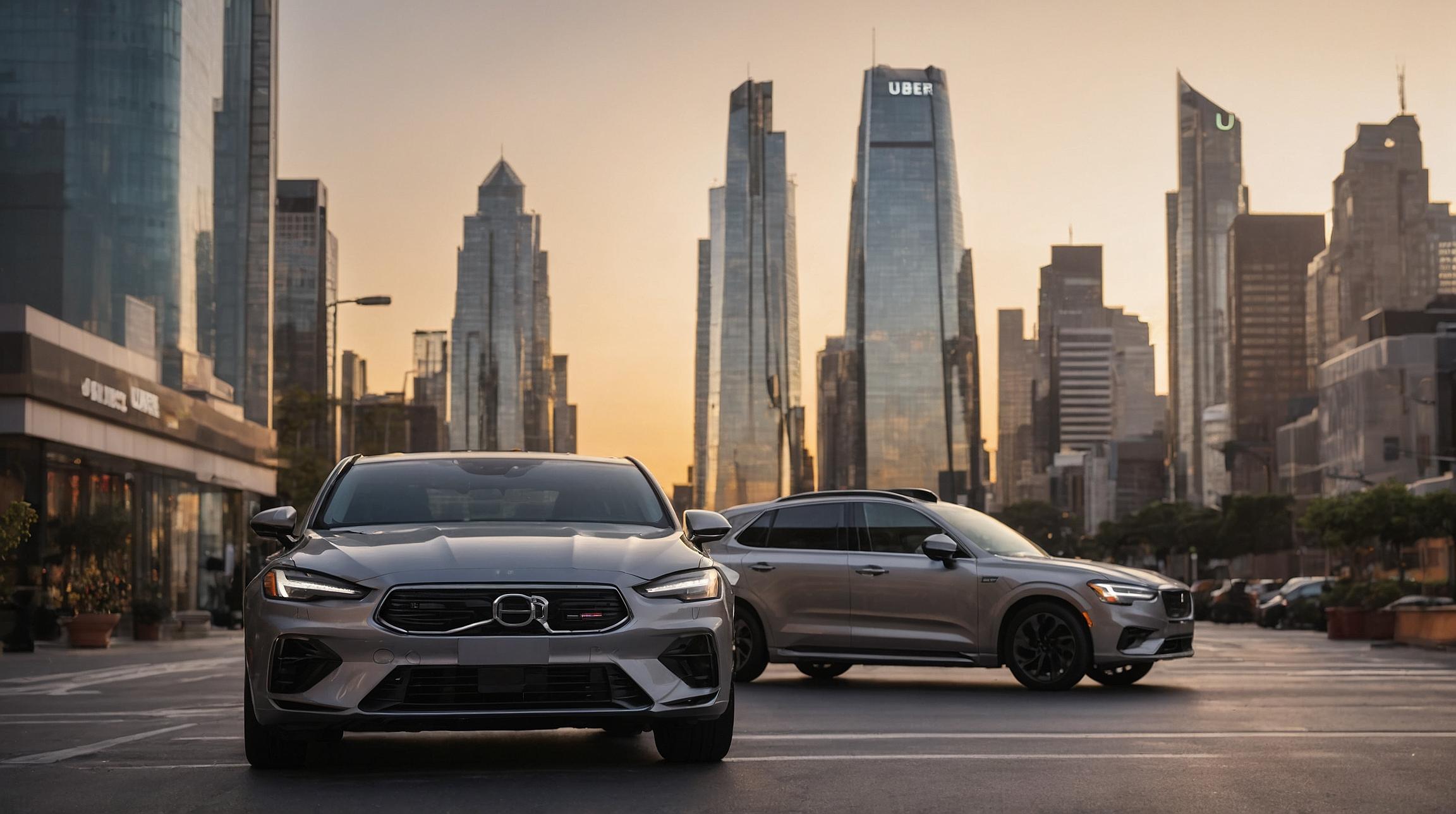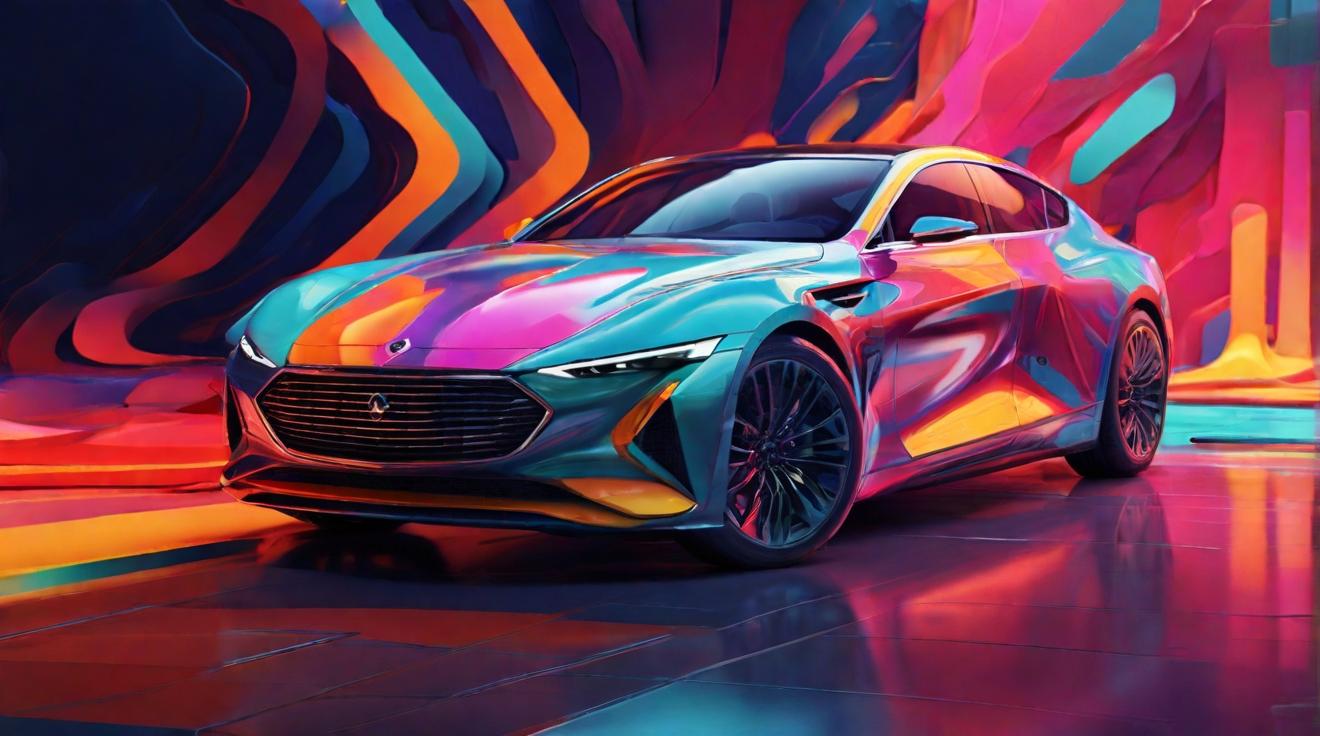The Surprising 1952 1-2 Triumph of Mercedes at Le Mans
One of the most memorable moments in the century-long history of the Le Mans endurance race occurred in 1952 when Mercedes-Benz took a surprising 1-2 overall triumph. This victory came at a time when the German automaker had not been dominating the racing scene like it had in previous years. The Mercedes team, led by drivers Hermann Lang and Fritz Riess, managed to outperform their competitors and secure a historic victory for the Silver Arrows.
The Catastrophic Crash of 1955: A Dark Day in Le Mans History
In 1955, tragedy struck the Le Mans race when a catastrophic crash involving a Mercedes racecar resulted in one of the most horrific accidents in motorsport history. During a high-speed section of the race, a Mercedes 300 SLR driven by Pierre Levegh crashed and flew into the crowd, causing the deaths of over 80 people and injuring 120 more. This devastating incident prompted significant changes in safety regulations and had a profound impact on motorsport as a whole.
The Spectacular ‘Uh-Oh’ Moment of Mercedes at Le Mans in 1999
Another memorable moment involving Mercedes-Benz at Le Mans occurred in 1999 when one of their high-speed cars, the Mercedes CLR, had a spectacular and frightening “uh-oh” moment. The CLR had a design flaw that caused it to build up air pressure under its nose at extremely high speeds, effectively pushing the entire car off the ground. This resulted in three crashes, with the car going end over end in mid-air. The third crash, captured on video, is one of the most recognizable and breathtaking moments in motorsports history.
Mercedes-Benz’s Absence from Le Mans Since 1999: A Loss of Glory
Following the 1999 incident, Mercedes-Benz made the decision to stay away from Le Mans, likely due to the negative publicity and safety concerns surrounding the CLR crashes. This absence from the legendary race marked a loss of glory for the German automaker, as they had previously achieved significant success at Le Mans, including the surprising 1952 triumph and their dominant performance in 1955 before the tragic accident. Despite their absence, fans have continued to dream of a Mercedes comeback at Le Mans.
The Mercedes EQR300: A Futuristic Race Car Concept for Le Mans
While Mercedes-Benz has yet to make a comeback at Le Mans, car visualist and designer Christopher Giroux has imagined a futuristic race car concept for the German automaker that could dominate the iconic endurance race. The concept, called the Mercedes EQR300, features innovative aerodynamics, including active airbrakes that disrupt the air stream and provide enhanced control and stopping power. With its sleek, electric-powered design and references to Mercedes’ AMG performance division, the EQR300 is a vision of what a modern Silver Arrow could be on the Le Mans circuit.
In conclusion, the history of Mercedes-Benz at Le Mans is filled with unforgettable moments, including their surprising 1952 victory, the tragic crash of 1955, and the spectacular aerodynamic mishap in 1999. While the German automaker has stayed away from the race since then, the futuristic Mercedes EQR300 concept offers a glimpse of what could be a glorious return to Le Mans. As fans continue to speculate about the possibility of Mercedes’ comeback, these iconic moments in the race’s history will forever be etched in the annals of motorsport.
Analyst comment
Positive News:
– The Surprising 1952 1-2 Triumph of Mercedes at Le Mans
Negative News:
– The Catastrophic Crash of 1955: A Dark Day in Le Mans History
– The Spectacular ‘Uh-Oh’ Moment of Mercedes at Le Mans in 1999
– Mercedes-Benz’s Absence from Le Mans Since 1999: A Loss of Glory
Neutral News:
– The Mercedes EQR300: A Futuristic Race Car Concept for Le Mans
As an analyst, it is difficult to predict the market based on these news articles alone. However, the positive news of the surprising triumph in 1952 could generate interest in Mercedes-Benz and its racing heritage. The negative news of the catastrophic crash in 1955 and the aerodynamic mishap in 1999 may have had a negative impact on the brand’s reputation and market presence. The futuristic race car concept could generate excitement and anticipation for a potential comeback, potentially boosting the market for Mercedes-Benz. Overall, the market’s response will depend on various factors such as public perception, product development, and competition in the racing industry.













